The term ” biological drugs” might lead us to believe that they are to be found in nature, as opposed to traditional drugs ( anti- inflammatories, antibiotics, statins, cortisone et. Al.) representing the majority of drugs to be found on the market ( about 80 per cent) obtained from simpler molecules which, by means of the appropriate chemical reactions, are transformed into the desired, pharmacologically active products.
Biological drugs on the contrary are obtained by means of genetical engineering techniques acting on live organisms. They could therefore be
called ” biotechnological drugs”.
These drugs, obtained by inserting the appropriate human genes into cell cultures are basically protein molecules produced within living cells, and have therefore very complex structures ( their molecular weight is about 100 times that of traditional drugs). They are obtained through very complex procedures from proteins in our body suitably modified for the purpose of making them active/ effective only for a specific target ( for example, vaccines are basically biological drugs).
The first biological drug was insulin ( a protein based hormon) isolated in 1921 by extracting it from animal pancreas. However only decades later, thanks to progresses in genetical engineering, it became possible to produce insulin corresponding exactly to human insulin, utilizing biotechnologies.
Biological drugs can reproduce substances present in our body, so much so that they are also called ” intelligent drugs” as they are selective, being capable of acting on a given receptor.
Biological drugs are also used in oncology with interesting results, and can also be found to fight auto immune diseases ( such as psoriasis and rheumatoid arthritis ) as well as inflammatory diseases of the intestine.
It is known that our body hosts antibodies ( proteinic substances) which represent our defence system against ” outside aggressors” as they can recognize ” foreign bodies” ( called antigenes) such as, for example, proteins which might be found in viruses and/ or bacteria.
Antibodies, associating with such proteins foreign to our body, render the virus or bacteria inactive, protecting us from possible infections.
Biological drugs, having a proteic nature, could be considered by the antibodies of our body as an alien substance, thus causing an immune reaction which would blank out its therapeutic effectiveness. Such risk might be due to several factors, not the least of which is the method used to produce the biological drug.
There are in fact also ” biosimilar drugs” obtained through similar, though not identical processes. Therefore differences, while minimal, might influence the capacity to stimulate the immuno system. Biosimilar drugs can in no way be compared to generical drugs as these are, on the contrary, identical to the originals.
Biological drugs can interfere with cytokines (1) which play an important role to support immune defence. In the case of psoriasis, an inflammatory disease of the skin, cytokines contributing to spread the cells which cause the inflammation widely prevail over cytokines having an anti inflammatory activity.
Biological drugs therefore act as inhibitors of inflammation producing cytokines, that in psoriatic patients are generated in large quantities by the cells responsible for the inflammation.
The E.C. has recently approved a biological drug, Secukinumab, produced by Novartis, for the systemic treatment of psoriasis. This drug is a monoclonal antibody (2) inhibiting ingerleuchine17A (3) , thus representing a new therapeutical opportunity for psoriatic patients. More than 70 percent of patients treated with Secukinumab seem to have achieved good to very good results. Interleuchine17A is one of the bearer proteins to be found in a higher concentration ( up to 6 times higher) in psoriatic patients, as compared to non psoriatic patients. Interleuchine 17A therefore represents an ideal target for action, without diminishing the body’s ability to fight infections, as the neutralization of the conveying protein does not compromise the other functions of the immune system.
—————————————-
(1) proteinic molecules produced by our immune system, capable of transmitting a message/ signal.
(2) monoclonal antibodies ( belonging to 2 nd generation biological drugs) are specific against a given antigene as they are artificially produced by a single selected clone, that is by a genetically identical cellular population produced by a single mother cell. The monoclonal antibody can recognize a specific protein ( receptor) present on the surface of a cell, fasten itself to it and signal the immune system to destroy it.
(3) A highly inflammatory cytokine stimulating the skin to produce new cells at a higher than normal speed, followed by scaling of the skin as a consequence of the abnormal accumulation of cells on the skin surface.
